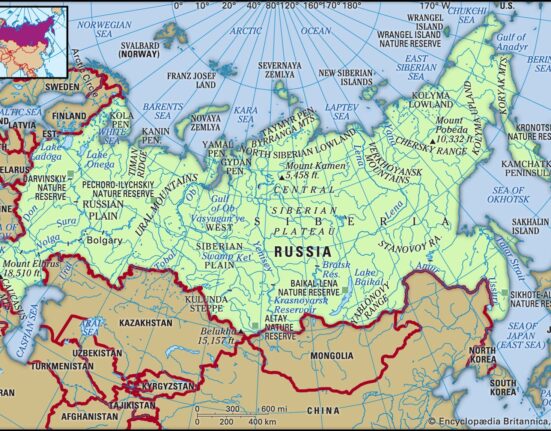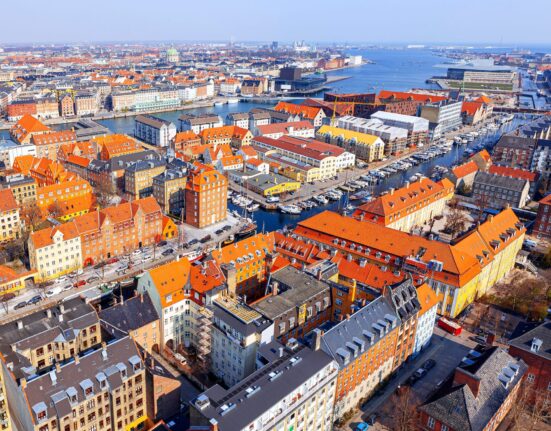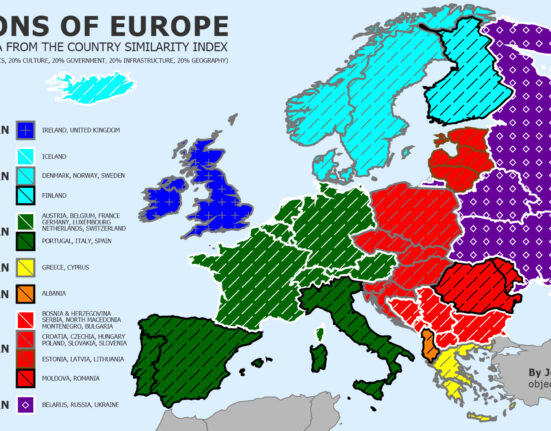French President Emmanuel Macron recently stirred a controversial debate by advocating for the culling of wild wolves in France. The proposal comes as a response to increasing wolf attacks on farmers’ livestock, prompting discussions about striking a balance between conservation efforts and protecting agricultural activities.
During a visit to Aveyron, Macron emphasized the need to address the encroachment of wolves into areas where they pose a threat to human activities. He highlighted the necessity of managing the wolf population to prevent conflicts with local communities, stating,
“We’re not going to let the wolf develop and go into [areas] where it competes with our activities.”
Macron’s stance reflects concerns over the impact of wolf predation on farming livelihoods, with reports indicating over 10,000 annual deaths of livestock due to such attacks in recent years.
The European Union’s decision to amend protections for wolves further fueled the discourse on wildlife management in France. By reclassifying wolves from “strictly protected” to “protected
” species under the EU Habitats Directive, lawmakers aimed to grant more flexibility to member states in handling wolf populations that threaten agriculture. This shift enables farmers facing immediate risks from wolf predation to take necessary measures without facing stringent legal constraints.
However, environmental advocates have expressed reservations about loosening protection rules for wolves. Critics argue that altering conservation status may have unintended consequences on biodiversity and ecological balance. Jean-David Abel from France Nature Environnement cautioned against what he perceived as populist rhetoric driving policy decisions: “
Macron is engaging in a rare level of populism by asserting completely false things.”
The debate surrounding wolf management underscores broader challenges faced at the intersection of wildlife conservation and human activities. Finding sustainable solutions that safeguard both natural ecosystems and agricultural interests remains a complex task requiring careful consideration of diverse perspectives and expert insights.
As countries navigate evolving dynamics between humans and wildlife, initiatives like Macron’s proposal spark crucial dialogues on coexistence strategies and adaptive management approaches. Balancing competing priorities while ensuring long-term ecological resilience demands collaborative efforts from policymakers, scientists, stakeholders, and local communities alike.
In addressing conflicts arising from human-wildlife interactions, policymakers face intricate trade-offs that necessitate informed decision-making grounded in scientific evidence and ethical considerations. The ongoing discourse on wolf culling in France exemplifies how divergent viewpoints converge around shared goals of preserving biodiversity while mitigating risks posed by carnivore populations.
By delving into nuanced debates surrounding wildlife conservation policies and their implications for societal well-being, stakeholders can foster constructive dialogues leading towards holistic approaches that harmonize conservation imperatives with economic sustainability. As nations grapple with reconciling diverse interests within complex ecosystems, proactive engagement with multifaceted challenges is essential for fostering resilient cohabitation between humans and wildlife.









Leave feedback about this